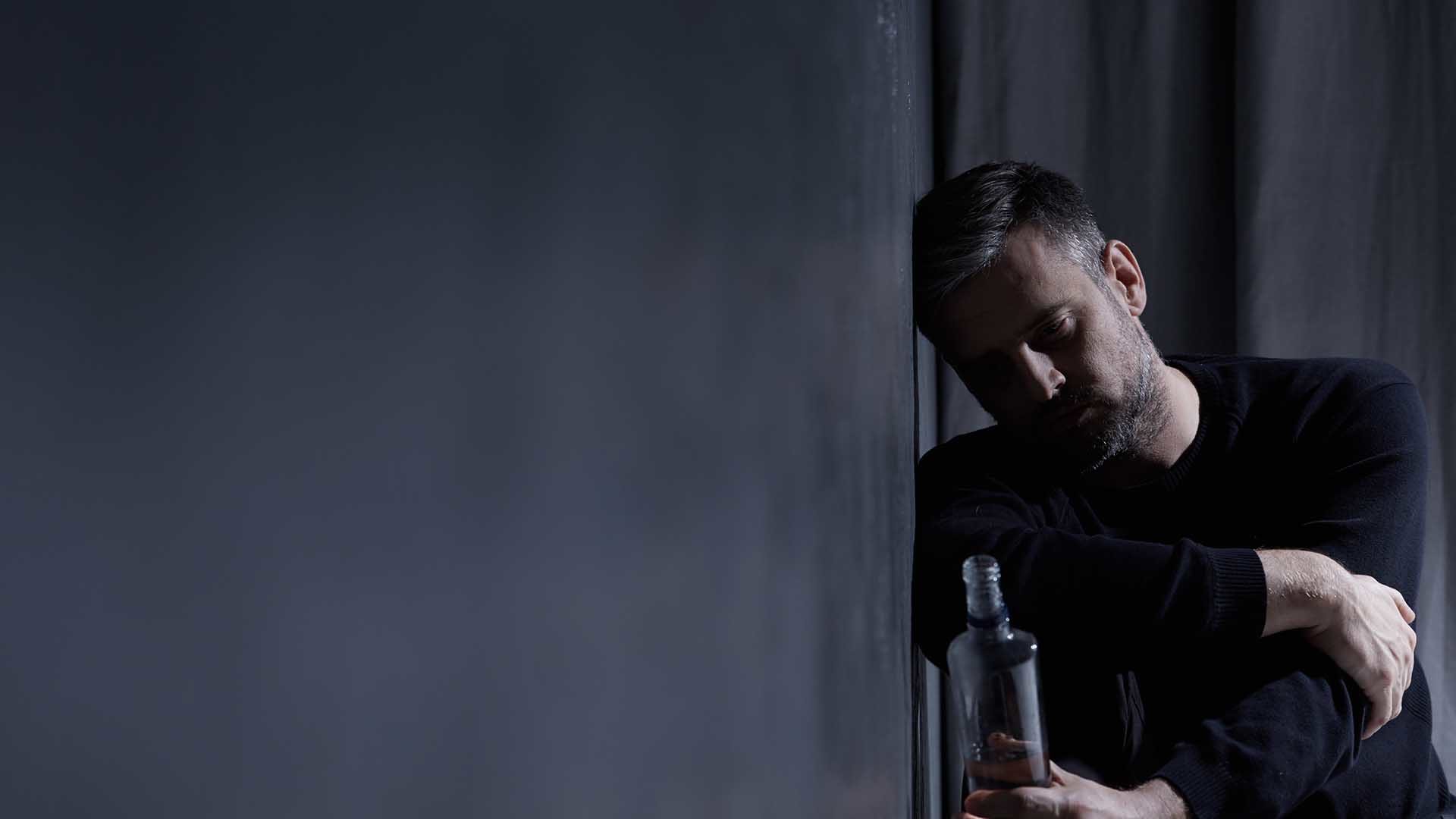
Next Steps to Take if You Think Your Spouse is An Alcoholic
Finding alcohol hidden in your own home can be an unexpected, concerning, and upsetting experience. When you realize that someone you love has been hiding something from you, especially something that could be as severe as an addiction, you’re bound to feel overwhelmed and blindsided. While these emotions are completely natural and understandable, it’s important to handle a situation as delicate as this with respect and care.
So what is the best way to approach the situation after you find out your spouse has been hiding alcohol and drinking it behind your back?
Reasons Someone Might Hide Alcohol
There are a few main reasons why someone may hide alcohol from their partner. Primarily, they may be trying to deny a problem themselves. If they hide alcohol, they won’t have to face the problem. They may also hide alcohol from their spouse if they feel like they will be judged for drinking.
People suffering from alcohol use disorder are the group that is most likely to hide alcohol in their home. Individuals who have been trying to quit for years, have been a high-functioning alcoholic for a while, or have recently developed a problem may display this behavior.
How to Find Out if Your Spouse Is An Alcoholic
Of course, we can’t all automatically assume that our spouse is an alcoholic if we find a bottle or two in our home. Therefore, before approaching your partner, it’s important to do research. Knowing the other signs of alcoholism will help to come to a more accurate conclusion about what your spouse is experiencing. By knowing the signs of alcoholism, you will have the ability to better determine whether someone you’re close to has an addiction problem or not.
Signs of Alcoholism in Your Partner
Here are some signs that your partner may have an alcohol use disorder:
- They’re being overly talkative or confident
- They go through emotional spells (crying, yelling)
- They behave irresponsibly & unreliably
- They drink early in the day
- They blackout regularly
- They’re experiencing loss in sexual function
- They hide alcohol from loved ones.
If your spouse shows these patterns or behaviors, they may have or be developing an addiction problem. So how do you respond to your life partner having an alcohol use disorder?
Living With An Alcoholic
Living with an alcoholic can be drastically different than living with a sober partner. Those with addictions to alcohol may eventually display a change in their behaviors. Their personal relationships, career, and other aspects of their everyday life may be going downhill. Addiction can also cause financial and legal issues, which are both huge strains on a marriage without alcohol even being involved.
It can be difficult to live like this, but it’s also hard to know what to say to your partner in order for their destructive behaviors to stop.
How to Handle It: What to Do If Your Spouse is Hiding Alcohol
There is no “right” way to approach your partner about hiding alcohol, but there are some steps you can take to handle the situation in a sensitive and constructive manner.
- Do Your Research. Learn about alcohol addiction and know the facts before talking to them about it.
- Rehearse Your Approach. You don’t need a script, but you should have a rough idea of how you will begin the conversation.
- Be Honest and Keep It Simple. You may feel like you’re being harsh, but being honest and keeping your message clear is the best way to get through to individuals suffering from addiction disorders.
- Get Help From Others. If you have friends or family members that understand addiction, don’t be afraid to ask for their help along the way.
- Commit to Changing Together. If your partner agrees to change after the conversation, this likely means that you will have to make some changes as well for the benefit of your relationship & your family.
Taking Care of Yourself & Your Family
The most important thing to remember is that none of this is your fault. If your partner is hiding alcohol or has an alcohol-related disorder, it has nothing to do with you or how you treat them. All you can do moving forward is support them on their journey. Exercise together, spend more quality time together, and try new activities as a pair to strengthen yourselves as individuals and a couple.
If your spouse is hiding alcohol in your home, it may be time to start considering treatment options. Treatment methods for alcohol addiction may include one-on-one therapy, couple’s therapy, family therapy, group meetings, AA support groups, medication, and more. To see if one of these options is right for your spouse, contact our team of addiction and mental health professionals by calling 267.209.7312.
Sources
https://americanaddictioncenters.org/alcoholism-treatment/spouse
https://www.mentalhelp.net/substance-abuse/alcohol/is-my-husband-or-wife-an-alcoholic/
https://www.alcohol.org/helping-an-alcoholic/wife/
https://www.verywellmind.com/things-to-stop-if-you-love-an-alcoholic-67300
Explore this article:
Explore Our Facilities
Drug and alcohol detox and residential treatment for addiction and mental health disorders
Outpatient treatment center for substance use disorder and mental health disorders
Outpatient treatment center for substance use disorder and co-occurring mental health disorders







